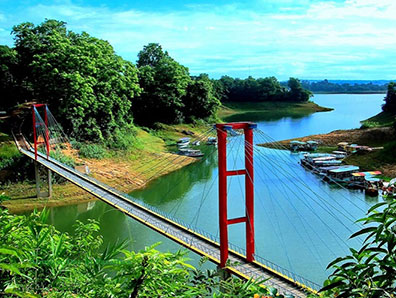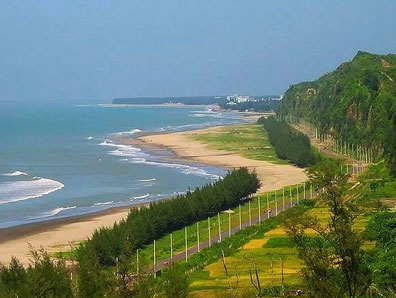The Falkland Islands are a group of islands located in the South Atlantic Ocean, about 300 miles (480 km) east of the coast of Argentina. The islands have been a British overseas territory since 1833 and have a population of around 3,000 people. The official languages are English and Spanish, and the currency is the Falkland Island pound.
The economy of the Falkland Islands is primarily based on fishing, sheep farming, and tourism. The islands have abundant fishing resources, and the fishing industry accounts for a significant portion of the territory's GDP. Sheep farming is also an important part of the economy, with wool and meat exports. Tourism has been growing in recent years, with visitors coming to see the islands' unique wildlife and to learn about their history and culture.
The Falkland Islands has a small and relatively open economy, but is heavily dependent on the UK for its economic and financial stability. The government provides a range of services to the community, including education, health and social services, and infrastructure development. The government has been investing in infrastructure and tourism to diversify the economy and create jobs.
The Falkland Islands has a small but growing oil and gas sector, and companies have been exploring for oil and gas in the waters around the islands. However, the industry is still in its early stages, and the true potential of the oil and gas resources is still unknown.
The sovereignty of the Falkland Islands is disputed by Argentina, which claims the islands as its own and calls them the Malvinas. This dispute has led to tensions between the UK and Argentina and has affected the economic development of the islands.


